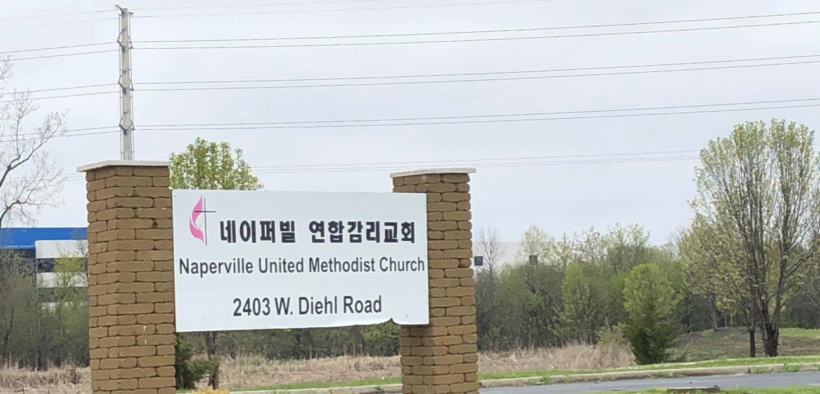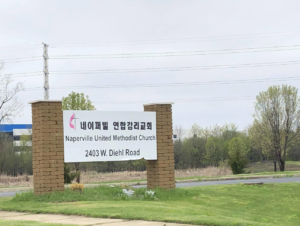Korean Congregations Leaving the United Methodist Church
The more conservative Korean congregations have faced challenges as they choose disaffiliation.

Majority-Korean Methodist churches, which tend to be more conservative and evangelical than other congregations within the United Methodist Church (UMC) denomination, are finding it difficult to disaffiliate for fear they will lose their land and leaders.

More than 100 of the 244 Korean-language UMC congregations have started the disaffiliation process, former executive director of the Association of Korean Churches in the UMC Keihwan Kevin Ryoo told Christianity Today.
Of those 100 churches, 40 have successfully left the UMC and joined the more conservative Global Methodist Church while the rest are either waiting for their disaffiliation to be approved by the annual conferences or are still moving through the process, Ryoo told Christianity Today.
The UMC did not expect such a large number of Korean churches to leave the denomination. Paul Chang, executive director of the Korean Ministry Plan, told Christianity Today it expected 40 churches and 60 pastors to disaffiliate from the UMC.
Church property and assets are held by the denomination, so it can often be expensive for a church to disaffiliate. Despite these obstacles, more than 3,000 churches have so far disaffiliated from the UMC.
According to Christianity Today, some churches have changed course from disaffiliation after realizing they could not afford to pay the property value required by the annual conference as part of the terms to leave. Others said they’ve faced losing their pastors as part of the process.
Last March, South Suburban Korean UMC in the Chicago area voted 162-25 to disaffiliate from the UMC because of concerns over the appointment of homosexual clergy in violation of the denomination’s Book of Discipline.
When the church notified the district superintendent about the decision to disaffiliate, the church’s pastor Hogun Kim said he was forced to resign after being told his appointment as pastor of South Suburban Korean UMC would not be renewed, and he would not be appointed to pastor any other UMC churches. The church was also required to pay $2.2 million if it wished to disaffiliate and keep its 10-acre property.
Access to MinistryWatch content is free. However, we hope you will support our work with your prayers and financial gifts. To make a donation, click here.
The UMC Northern Illinois Conference disputed that Kim was forced to resign. They claimed he submitted a letter of withdrawal and left the UMC to “unite with another denomination.”
The congregation kept its pastor, but left the building and denomination behind. They started the Center Church of Truth, which has not yet affiliated with any other denomination but is considering the Global Methodist Church.
It meets in space it rents from a Lutheran church on Sundays and then uses a space at a Baptist church for meetings during the week.
“We feel really loved by these Christians from other denominations,” Kim told Christianity Today. “They understand what we went through. They have been Good Samaritans to us.”
The Naperville Korean UMC—another suburban Chicago church that voted to disaffiliate—was sued earlier this month by the Northern Illinois Conference of the UMC. The lawsuit claims the church “abandoned the disaffiliation process, blocked conference authorities from entering the property, and a breakaway faction took possession of the parsonage, church building, and church financial accounts.”
A New Jersey congregation, Bethel Korean UMC, experienced difficulties in its disaffiliation also. According to its pastor James Lee, he was removed from leading the 1,000-member congregation in 2021 after it voted to disaffiliate from the UMC in order to join the more conservative Wesleyan Covenant Association.
The Greater New Jersey Conference claims the pastor was removed due to problems going back several years.
Ryoo told Christianity Today that Korean congregations face unique challenges in disaffiliation because of cultural and language barriers that make them more reticent to speak up at large denominational gatherings. But they also feel a deep loyalty to the denomination because of relationships and historic missionary movements that brought the Gospel to Korea.
Editor’s Note: This story has been modified to more accurately attribute the original reporting of Christianity Today and its reporter Megan Fowler.
Main photo: Naperville Korean United Methodist Church / Photo via social media



